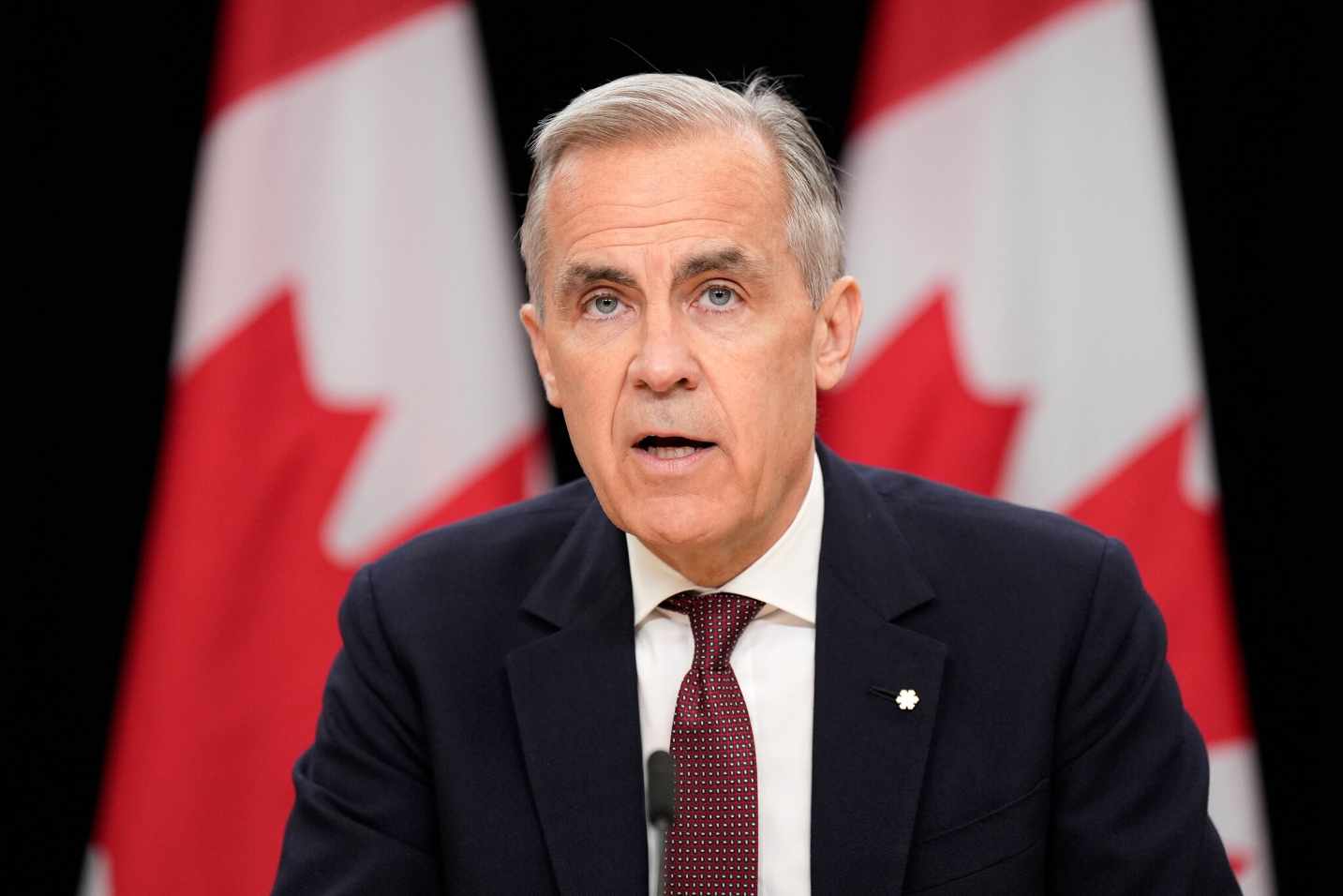Canada, Portugal and Australia have officially recognized Palestine as a state, joining the United Kingdom and other Western nations in ramping up pressure on Israel to end the war in Gaza.
The coordinated announcements mark a significant shift in Western foreign policy, as more governments seek to revive the long-stalled two-state solution and respond to growing international concern over the humanitarian catastrophe unfolding in Gaza.
Portugal’s Foreign Minister Paulo Rangel said the decision reflects Portugal’s long-standing principles of supporting peace and international law. “We want peace, we want a ceasefire, we want the release of hostages, and we want Hamas not to rule Gaza or anywhere else,” Rangel stated during the announcement in Lisbon.
Australia’s Prime Minister Anthony Albanese and Foreign Minister Penny Wong echoed similar sentiments describing recognition as part of a broader push to keep alive prospects for peace. “Australia recognises the State of Palestine because we believe in the right of both Israelis and Palestinians to live in peace and security,” their joint statement read, while also calling for the immediate cessation of hostilities.
Canada also tied its move to advancing Palestinian self-determination, citing commitments by the Palestinian Authority to hold elections in 2026 and undertake reforms. “Canada’s recognition is based on our belief in a viable two-state solution and on the commitments made by the Palestinian Authority to democratic renewal and good governance,” the official government statement said.
The announcements have been met with fierce opposition from Israel. Prime Minister Benjamin Netanyahu condemned the recognitions, declaring that a Palestinian state “will not happen west of the Jordan River.”
Israeli officials argue that granting recognition during an active conflict undermines peace efforts and emboldens militant groups.
Meanwhile, Palestinian leaders welcomed the decisions as historic and symbolic steps toward sovereignty, with Foreign Minister Varsen Aghabekian Shahin calling them “irreversible” in their impact.
Although recognition does not immediately change conditions on the ground, analysts note that the move could reshape international diplomacy, aid and future negotiations.
With France and other countries expected to follow suit, momentum appears to be building within Western capitals for a recalibrated approach to the Israeli-Palestinian conflict.
For many observers, the growing wave of recognition signals a turning point in international attitudes, placing new pressure on Israel while rekindling hope, however fragile, for a political resolution to one of the world’s most protracted conflicts.

